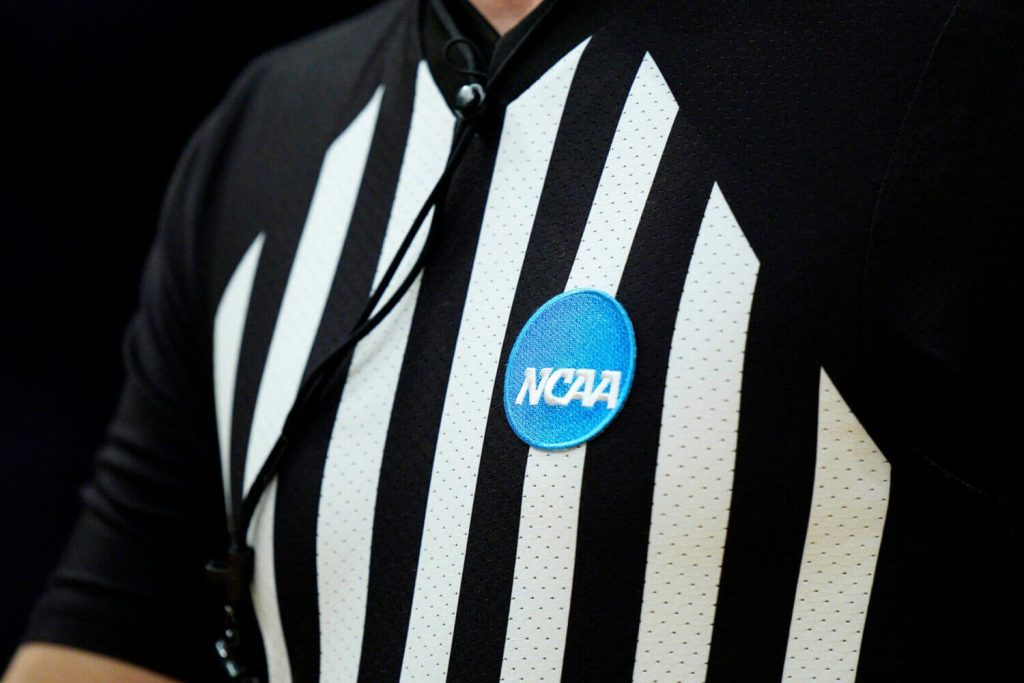The NCAA’s new online platform, the Name, Image, and Likeness (NIL) Assist, went live. Created in collaboration with Teamworks, the platform provides a public database of de-identified NIL compensation data, designed to enable athletes and the public to find information about average and median earnings from NIL deals. The data can be sorted by various factors include subdivision, sport, position, and type of NIL transaction. For instance, on the platform’s launch day, the average NIL deal for a Power 4 quarterback’s social media post was reported to be $6,605, while the median was $150. The NCAA emphasized that data accuracy would increase over time.
Adopted in January by the Division I Council, new regulations require athletes to disclose any NIL deal exceeding $600 to their respective schools. The schools must also share this information, sans the athlete’s name, with the NCAA at least semi-annually. Speaking on the platform’s launch, NCAA vice president of academic and membership affairs, David Schnase, stated that they aim to provide a starting point of information about the NIL market to coaches, student-athletes, and their families. Notably, no clear penalties have been established for athletes who fail to disclose their NIL deals.
Despite the requirement for athletes to disclose their NIL agreements, NCAA officials stressed that the database will not be used as a trap for eligibility but will merely serve as an informational resource. In April, the Division I Council introduced an incentive for schools to offer more NIL assistance to athletes who disclose their NIL deals. While the current data is incomplete, officials assured that the data set will improve with the influx of more information over time. In addition, concerns of potential conflict of interest with Teamworks, which provides an NIL management service, were addressed and dismissed.
Beyond providing NIL data, NIL Assist offers a voluntary registry for agents, brands, collectives, and products linked to the service provider. This move aims to empower athletes in making connections and reviewing previous work, thereby aiding in their future selection of agents. Although some agents expressed skepticism about the value of the registry, Teamworks’ senior vice president of business development, Kevin Barefoot, reiterated its primary role in providing more market information and service providers.
The disclosure of NIL data could potentially influence the recent House settlement proposal. It outlines the establishment of a clearinghouse to vet contracts and an enforcement arm to determine the fair market value of NIL deals. Uncertainties remain about how legal issues could impact the platform if the settlement is approved.
Lastly, Schnase warns that the platform cannot control external influences. However, as informed decisions become paramount moving forward, he believes the platform will still manage to provide helpful data to the board. He refrains from directly linking these decisions to the House settlement, despite acknowledging ongoing litigation’s broad impact on current decisions.


